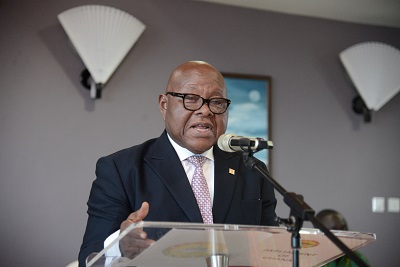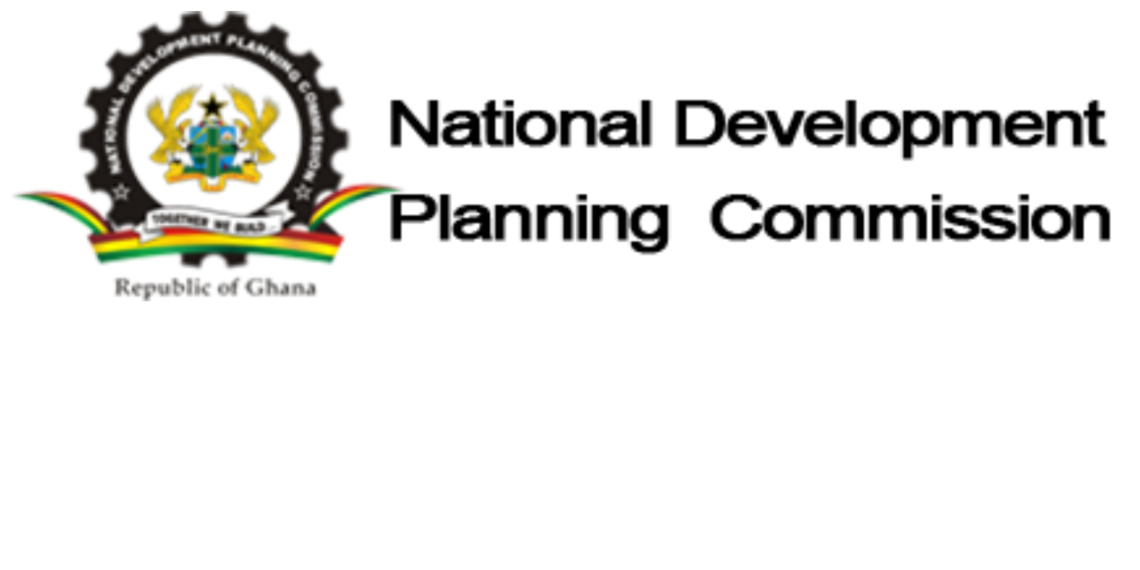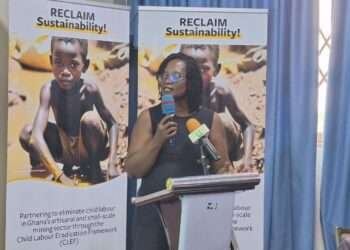Professor Aaron Mike Oquaye, the sixth Speaker of parliament of the Fourth Republic of Ghana, has launched the National Development Planning Commission (2019) Annual Progress Report (APR) on Wednesday, 18th November, 2020.
This new report provides a detailed assessment of the progress in the implementation of the Medium-Term National Development Policy Framework based on five key development dimensions- economic; social; environment; infrastructure and human settlements; governance; corruption and public accountability and Ghana’s role in international affairs.
With the primary focus of creating prosperity and equal opportunities for all through job creation, the coordinated programme was so themed and thus formed the basis for the preparation of the medium-term national development agenda to be implemented from 2018-2021.
The vision of this coordinated programme is to create:
“An optimistic, self-confident and prosperous nation, through the creative exploitation of our human and natural resource, and operating within a democratic, open and fair society in which mutual trust and economic opportunities exist for all.”
In fulfilment of the Commission’s mandate to periodically monitor, evaluate and coordinate the implementation of the national development policies and programmes, about 16 progress reports have been prepared since 2002.

Addressing stakeholders at the forum, the Speaker underscored planning as an important element for national progress and development. Along these lines, he hinted that the NDPC would be a strong force behind the country’s development if it would stand aground to ensure that the right things are done.
The Chairman of the Commission, Prof. Stephen Adei, emphasized the Commission’s commitment in supporting government’s plan of action. He said that, the 2019 Annual Progress Report would not only create an opportunity for public discussion of its content but all stakeholders would appreciate its content without being politicized.
Highlights of the five development Dimensions
Economic dimension
The country experienced an underperforming currency against the three major currencies- Euro, Dollar and Pound and the GDP growth targets were missed. There was inadequate financing for SME’s due to fiscal constraints within the private sector as a result of contractions in market coverage, long term finance, high cost of accessing capital and low innovation capacity.
The key policy recommendations proffered include the expediting of processes for establishing a National Development Financial Institution (Development Bank) that will provide long term loans at affordable rates to businesses and industry and liaising with external financing institutions to provide subsidized financing for identifiable groups and SMEs to accelerate the industrial transformation and create employment, especially for the youth.
Social Dimension
Although, there were major accomplishments achieved including improvements in total enrolment at all levels of education, increased net enrolment at Senior High School (SHS) and transition rates from junior to senior high schools as well as an improvement in the coverage of the Livelihood Empowerment Against Poverty (LEAP) programme with the establishment of 3,111 new LEAP communities across all the 260 districts. There were also some challenges faced such as inadequate access to basic water and sanitation services; high incidence of multidimensional poverty, among others.
The report underscored the need to implement measures to improve net enrolment and educational outcomes; prioritising health promotion, especially on the importance of diets and its implications on morbidity and mortality; enhancing investments in the provision of adequate basic water and sanitation services; and expediting the passage of the Affirmative Action (Gender Equality) Bill and ensuring its full implementation.
Environment, Infrastructure and human settlements dimension
The report pointed out some challenges observed in this dimension, including ineffective regulatory regime within the railway sector; limited financial viability of the energy sector; inadequate housing units and abandoned uncompleted affordable housing projects and Illegal mining and pollution of water bodies.
To curb these challenges, the report indicated that there should be intensifying measures to stop illegal small-scale mining (galamsey) in collaboration with communities and traditional authorities, fully implementing the Energy Sector Recovery Programme as well as integrating government guarantees into incentive measures to attract private sector investments in the housing sector.
Governance, Corruption and Public Accountability dimension
Regards this dimension, the report highlighted some of the challenges including inadequate resources for some independent governance institutions (IGIs), increase in crime and congestion in prisons, limited engagement with citizenry on development efforts and delays in implementation of Public Accounts Committee recommendations.
However, some notable achievements were made such as the passage of 13 Bills into law, enactment of 15 Legislative Instruments; ratification of 16 International Agreements; improvements in Police officer to citizen ratio; and recovery of GH¢862,696.62 from implementation of 139 recommendations of the Public Accounts Committee.
Ghana’s Role in International Affairs
Ghana has made significant progress in strengthening its role in international affairs. Whilst many positive achievements have been made, there is still need for improvement, especially pertaining two issues, the implementation of the ROPAA and the inadequacy of trade fair facilities, the report highlighted.
The report recommends that the redevelopment of the Trade Fair Centre is expedited to help make Ghana a trade hub as the country hosts the AfCFTA Secretariat; and expediting actions on the technical and administrative modalities for the implementation of the ROPAA roadmap.




















